Initiative aims to tighten food checks and balances
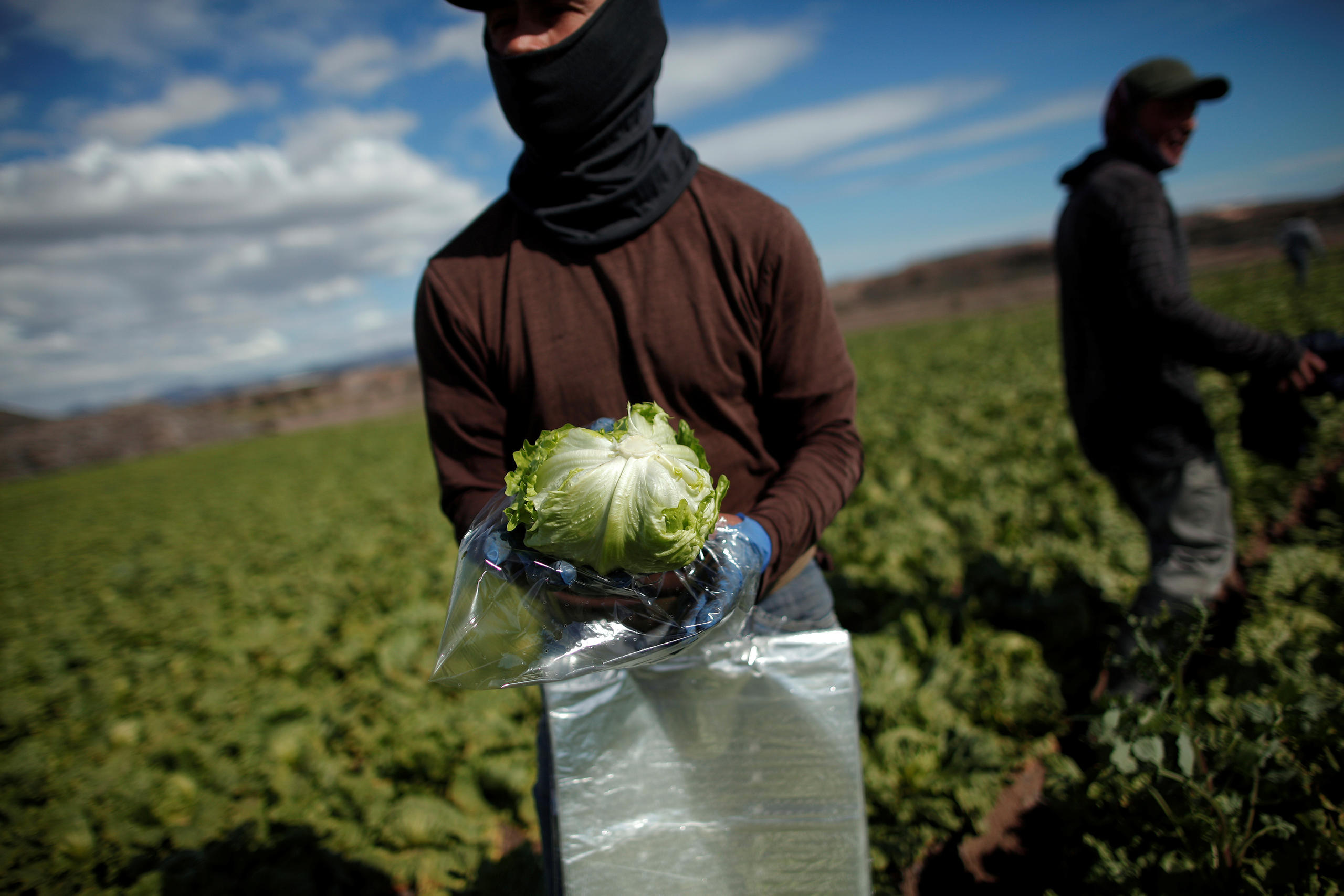
Do you know where the food on your plate has come from? An initiative before voters on September 23 aims to make the food we eat more ethical. Supporters say it will make production more sustainable, while opponents have criticised it as an utopian idea that will cost the consumer dearly.
According to the ‘Fair Food’ initiative’External link, the public should be eating food that meets the most stringent environmental and social standards.
It comes in the wake of various food scandals in Europe, including the 2013 discovery of horse meat in beef lasagna products.
The production of fruit and vegetables in the Almeria region of southern Spain, known as “the vegetable garden of Europe”, was also a factor. European supermarkets are supplied year-round with strawberries, tomatoes or aubergines that have been intensively farmed in massive greenhouses.
A feat that relies in part on migrants, who work in precarious conditions for only a few francs an hour, as shown in a report on the Kassensturz consumer programme on Swiss public television.
These scandals have cast doubt on the reliability of procedures for tracing products and the conditions under which they are produced.
Good quality, fair working conditions
The initiative would require an amendment to constitutional article 104a specifying that the government promote good quality, reliable food that has been produced with respect for the environment, resources and animals, and under fair working conditions.
It would involve defining criteria that would apply to both Swiss products and imports.
For example, although in 1981 Switzerland became the first country to ban battery caged eggs, imports are still allowed. The same goes for foie gras, frog legs or fur products. If the initiative is accepted, the import of products that do not comply with Swiss animal protection standards would be prohibited.
The government would be responsible for ensuring standards and waste reduction measures are enforced, as well as minimising the negative environmental impact of food transport and storage.
Superfluous according to critics
The government considers the initiative to be superfluous. It notes that Switzerland produces about half of its food requirements, and these must already meet high standards for safety, quality and sustainability. It believes that most of the requirements of the initiative are already being met.
When it comes to imports, the government says that it is already committed to the creation of international standards for sustainable food production.
It also warns that implementing the initiative could conflict with international agreements, with problems potentially arising related to Switzerland’s commitments under World Trade Organization (WTO) agreements.
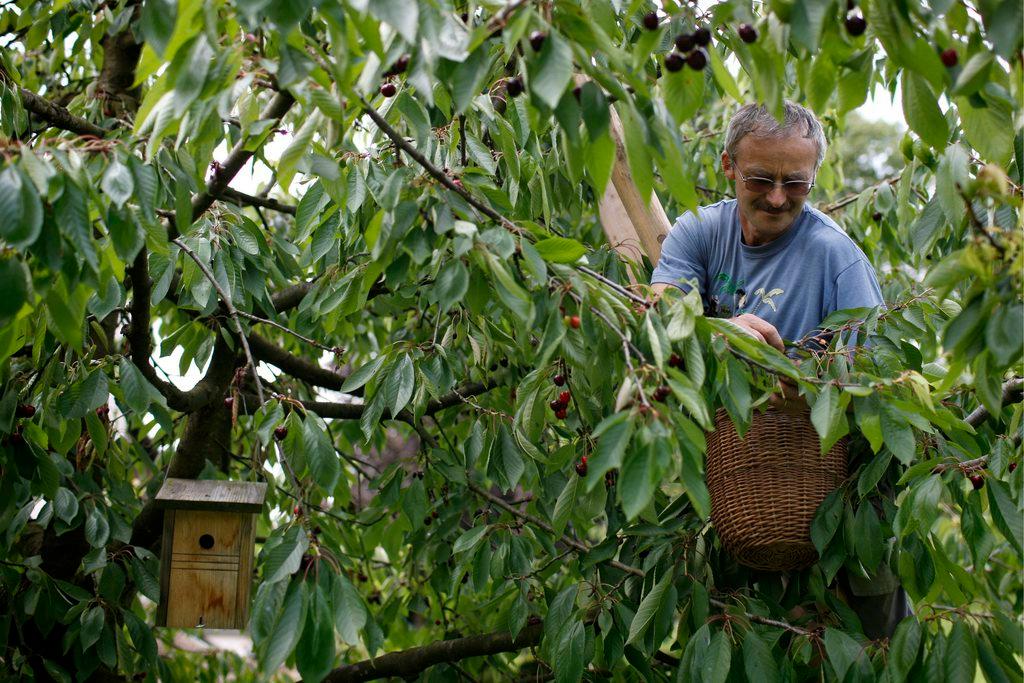
More
Radical change for Swiss agricultural policy goes to vote
With battery caged eggs, for example, the initiative would also ban imports. However, this is contrary to WTO law, which stipulates that imports can only be prohibited for health reasons.
It also states that the initiative would require the establishment of a “heavy and costly” control system to verify production conditions, including food that is produced abroad. These checks could raise food prices, already high in Switzerland.
The government prefers using a system of transparency for the consumer rather than prohibitions or restrictions.
“When imported products do not meet Swiss production standards, it must be indicated on the package,” Interior Minister Alain Berset told Swiss public television, RTS.
Battery cage eggs, for instance, can be imported into Switzerland with the warning that “battery cage egg production is not permitted in Switzerland”.
Limited support in parliament
The initiative didn’t win over parliament either. The House of Representatives rejected it by 125 votes to 37, with 23 abstentions. The Senate also voted overwhelming against, with 32 against and three for, with nine abstentions.
The Greens alone are supportive, as all the other political parties are opposed to the initiative. A majority of parliamentarians believe that the constitutional article on food security approved by voters last September is already promoting sustainable food, and legislating on the issue again seems redundant.
Even the leftwing Social Democratic Party failed to support this proposal by their usual allies.
Other elected officials, like Swiss People’s Party parliamentarian Céline Amaudruz, believe the initiative is unenforceable.
“How would we introduce these checks? Will we be allowed to measure the quality of the water in Xinan, China, to see if green tea production meets our standards?” she asked during the parliamentary debates, adding that it was “unrealistic” to want to control what is produced abroad.
The Greens do not see the initiative as protectionist. Green parliamentarian Adèle Thorens Goumaz said it was not a question of introducing import bans, as such a measure would be too harsh and “put Switzerland at odds with the international community”.
She is advocating for the public to be better informed or for special agreements with distributors and retailers.
Supporters believe the initiative is valid, despite last year’s constitutional vote on food security. According to Thorens, the 2017 constitutional reform was only “a statement of principle, which although certainly positive”, may not lead to any outcomes. The new initiative would allow for concrete measures to be taken to meet the expectations of the people, she said.
For its part, the main farmer’s organisation abstained from a vote recommendation.
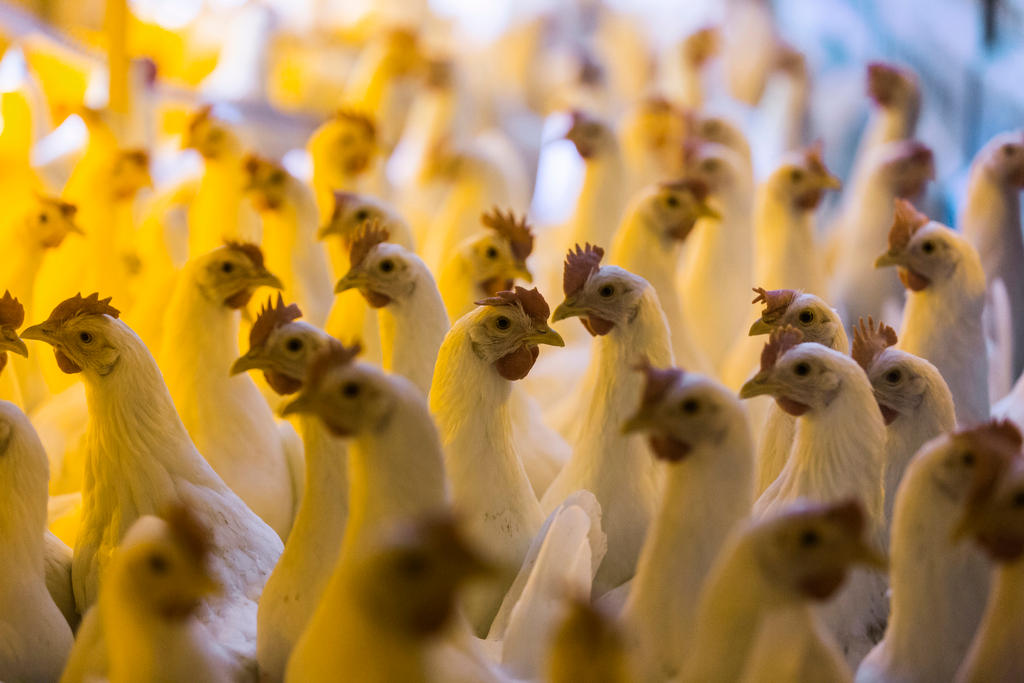
More
Ethical food initiatives enjoy broad early support
Agriculture and food: these two themes seem to be of particular interest to the Swiss population.
On 24 September 2017, a large majority of voters approved a new constitutional article on food security.
One year later, Swiss citizens are being asked to decide on two initiatives, ‘For healthy and environmentally-friendly produced food products’, and ‘For food sovereignty – Agriculture concerns us all’, which aim to modify or complete the same constitutional article.
On November 25, citizens will also vote on the ‘For the dignity of agricultural livestock initiative’, which would give farmers financial support if their chose not to remove the horns from their cattle.
Two other proposals, on the use of pesticides (‘For clean water’ and ‘For a Switzerland without synthetic pesticides’) will also go to a vote. An initiative against intensive farming was launched last June.
Adapted from French by Jessica Dacey/urs

In compliance with the JTI standards
More: SWI swissinfo.ch certified by the Journalism Trust Initiative

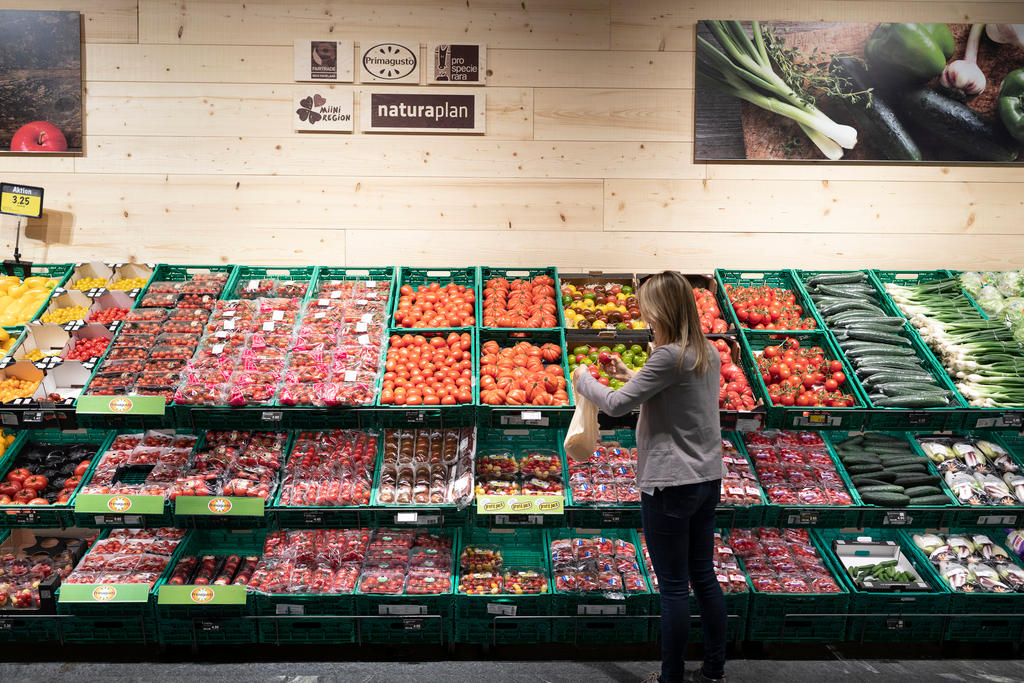
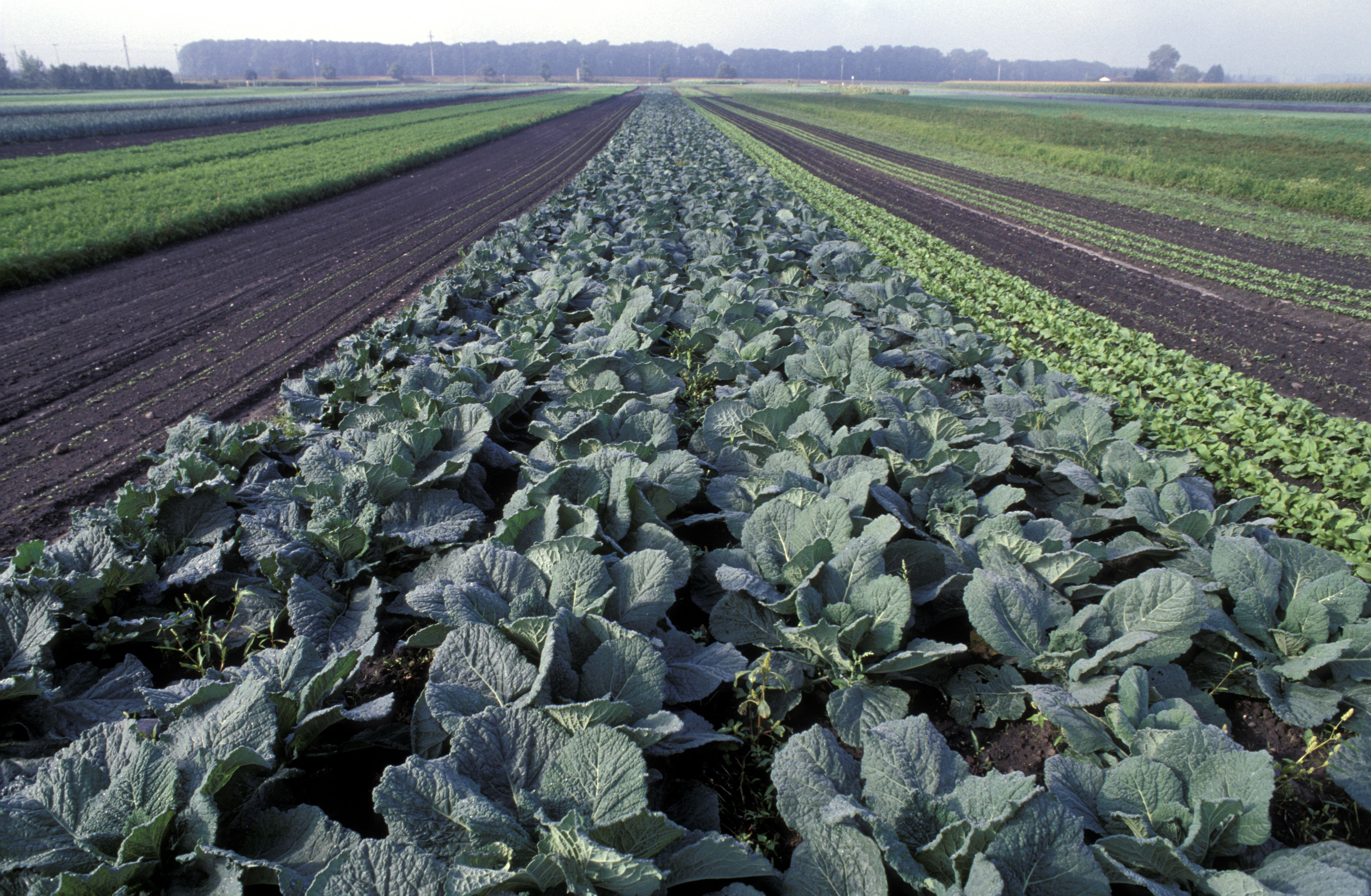
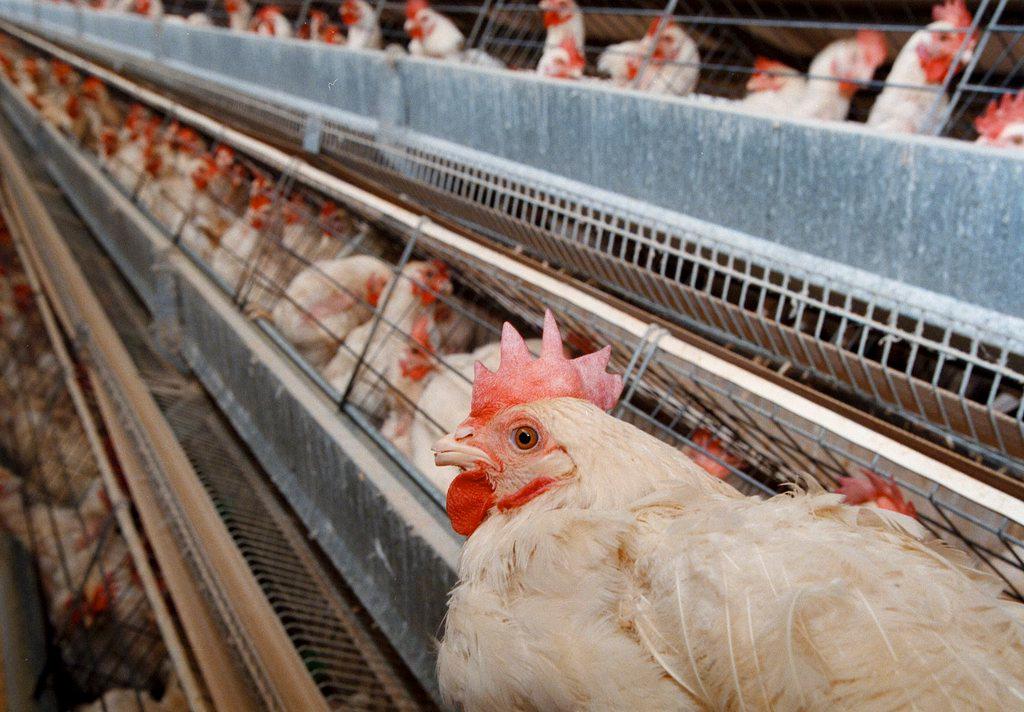
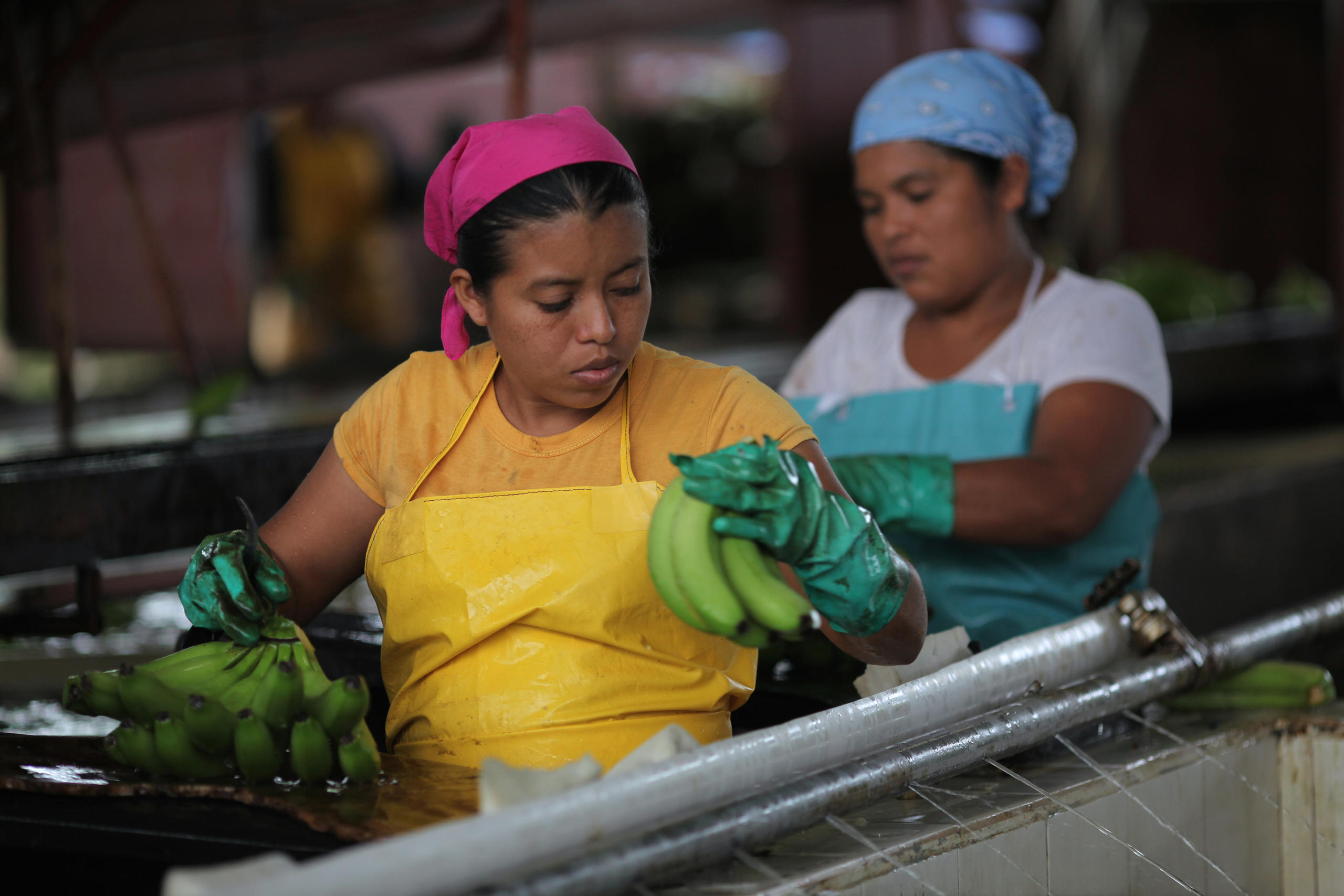
You can find an overview of ongoing debates with our journalists here. Please join us!
If you want to start a conversation about a topic raised in this article or want to report factual errors, email us at english@swissinfo.ch.